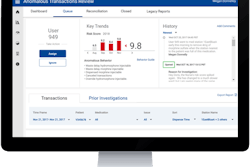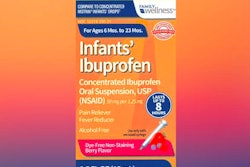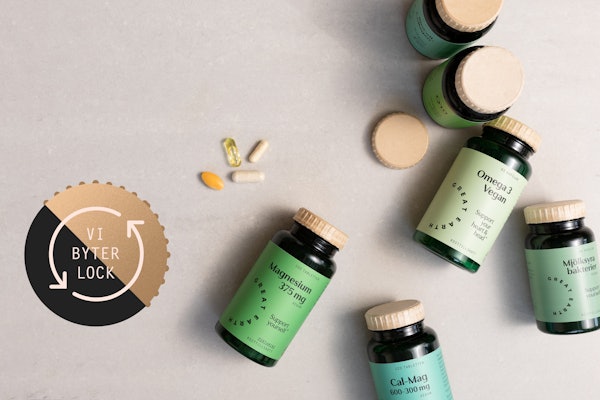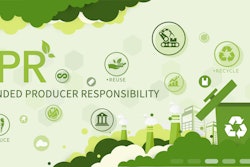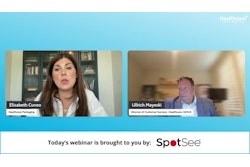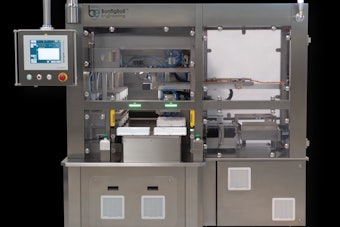The pharmaceutical industry is abuzz with concern over how to best meet the traceability requirements spelled out in the Drug Supply Chain Security Act (DSCSA).
Per the DSCSA, by Nov. 27, 2019 wholesale distributors will have to verify serialized product identifiers of saleable returned packages or sealed homogenous cases of product that are intended for further distribution (section 582(c)(4)(D)).
In 2018, a group of companies launched the MediLedger Project, which brings together major pharmaceutical manufacturers and distributors to create a collaborative network.
Heather Zenk, Vice President, Global Secure Supply Chain Operations at AmerisourceBergen, is a knowledgeable member of the working group. “Using blockchain, the project creates evolving solutions for track-and-trace regulations, and provides a step-function improvement in the overall operation of the supply chain,” she explains.
Here Zenk discusses the initiative, testing and the role of blockchain.
Q: What is AmerisourceBergen’s role in the MediLedger Project?
A: AmerisourceBergen is a member of the MediLedger working group.Our experience working with partners upstream and downstream provides MediLedger with the insights to create solutions that enable collaboration and adoption among stakeholders, two critical requirements to ensure the successful use of blockchain technology for DSCSA compliance.
Q: How does this relate to the Healthcare Distribution Alliance’s working group goals?
A: The Healthcare Distribution Alliance (HDA) and its Verification Router Service (VRS) working group have created verification guidance with the goal of helping partners communicate under the same governance. At this time, they have not launched a fully developed platform that the industry can operate within.
The MediLedger Project has incorporated HDA’s VRS working group’s verification guidance and will use it to align with the requirements of the DSCSA. The use of blockchain will allow the pharmaceutical industry to meet these requirements while also saving manufacturers time and ensuring providers and their patients receive products securely and on time.
Q: With the potential for millions of saleable returns, can you speak to the importance of the tests’ response times of 100ms and 400ms or less (for regional and cross-country, respectively)?
A: With thousands of products moving through the supply chain every day, a manufacturer’s data has become increasingly critical in ensuring medicines get to the right place at the right time. Without this data and the ability to share it seamlessly with selected stakeholders, saleable returns must be tracked manually to verify their authenticity. This manual process disrupts workflows and potentially delays a patient’s access to the medicine they need.
The returns process requires that data exchanges be fast, efficient and effective, which is why a platform that can conduct verification tests with sub-second response times is critical. By its nature, blockchain is a technology solution that can allow tests to meet all of these demands – without regard for geographic borders and without risk to key stakeholders. We anticipate the industry will adopt a single testing solution, which should make it easier for all partners to communicate while keeping data secure.
Q: Will global testing be performed for companies outside the U.S. complying with the 2019 requirement?
A: At this point, testing is geared to meet the specific return requirements of the U.S.’s DSCSA. However, for companies with a multinational presence, it will be important to confirm that testing can scale and meet their needs as well.
Q: Are you still encountering people who see blockchain as a buzzword? What do you say to convince them of its promise in connecting trading partners?
A: Yes; we are still seeing blockchain as a buzzword within the industry. While the technology is exciting, it’s not a cure-all for the challenges related to traceability and verification. Instead, blockchain offers an innovative solution that may improve care through the secure sharing of data and information.
We have seen partners across the industry buy in to the idea of blockchain, but we must now manage our collective excitement and set realistic expectations about what this technology can offer as an appropriate use case. It is now imperative that partners take the right steps to integrate blockchain technology in their own environments.
Check back for Part II on the future of the project and hurdles to overcome!




